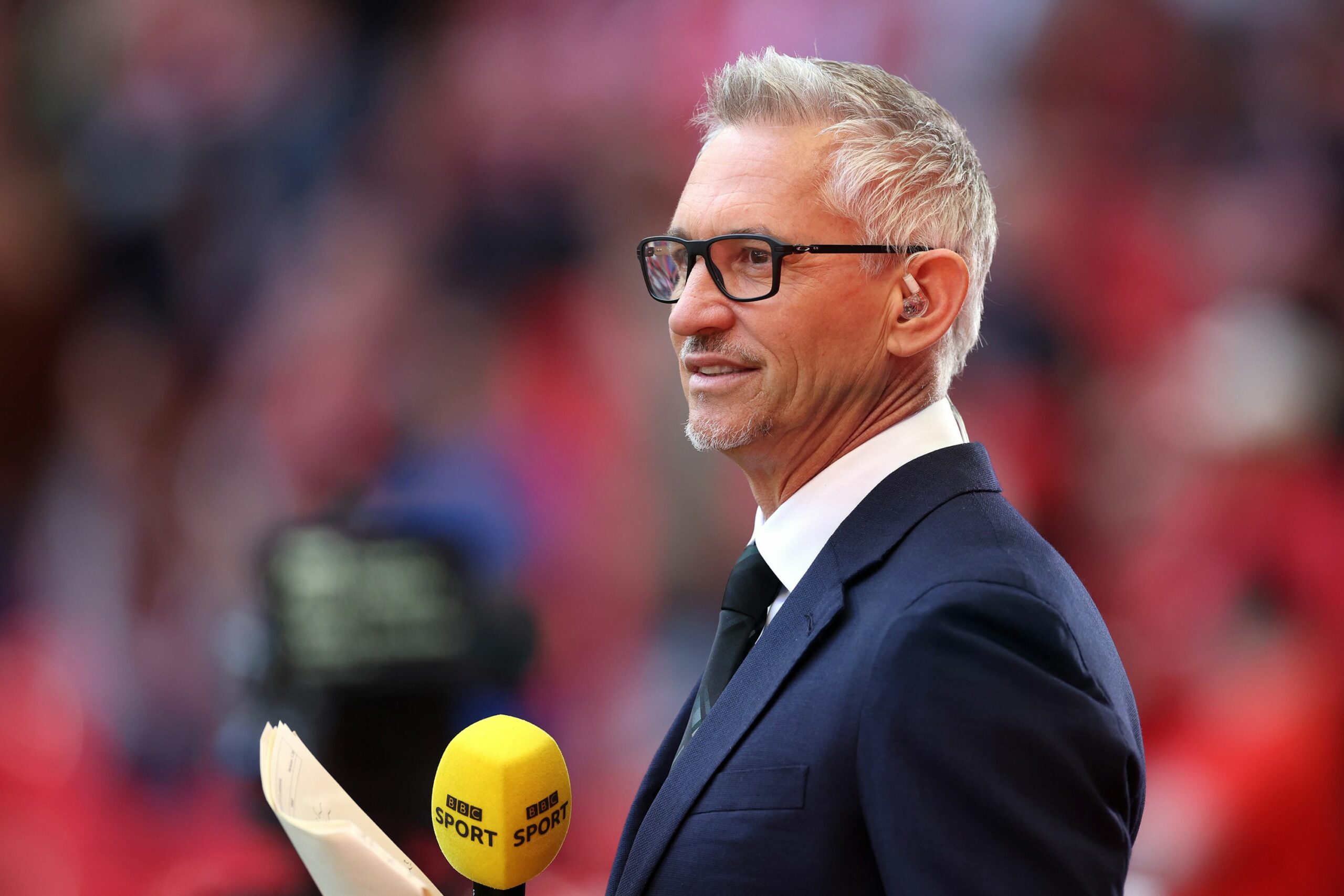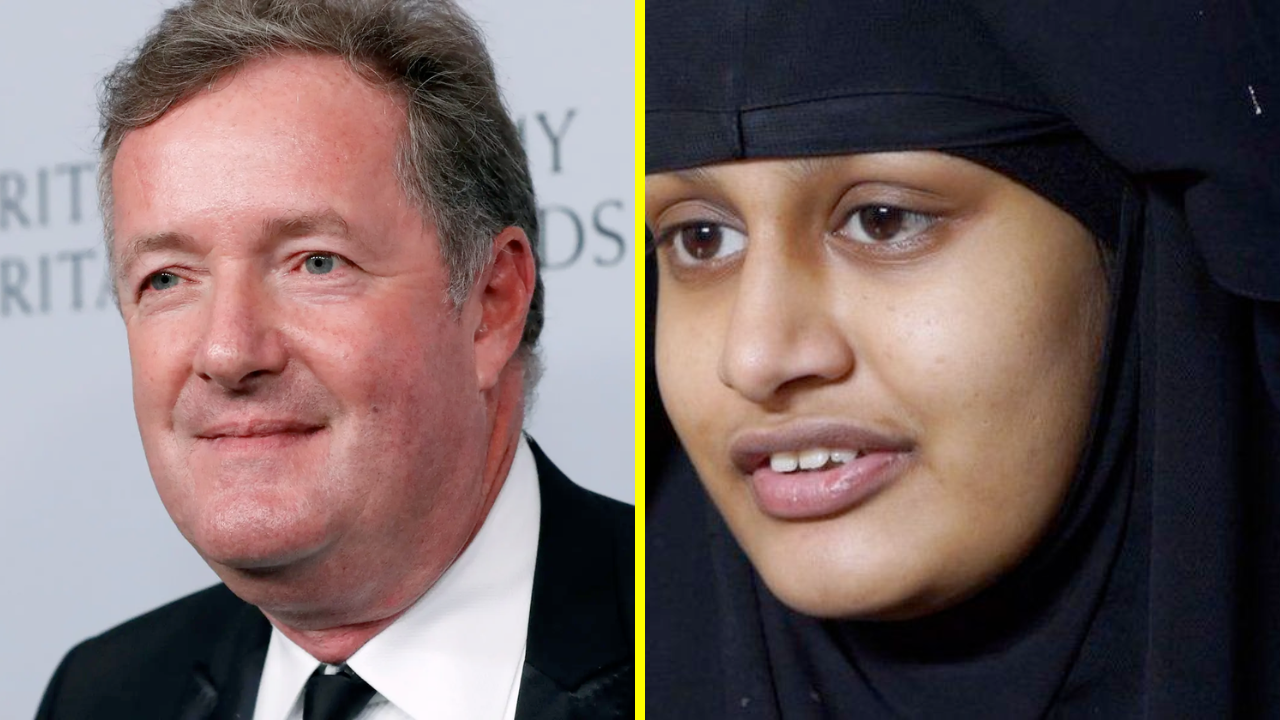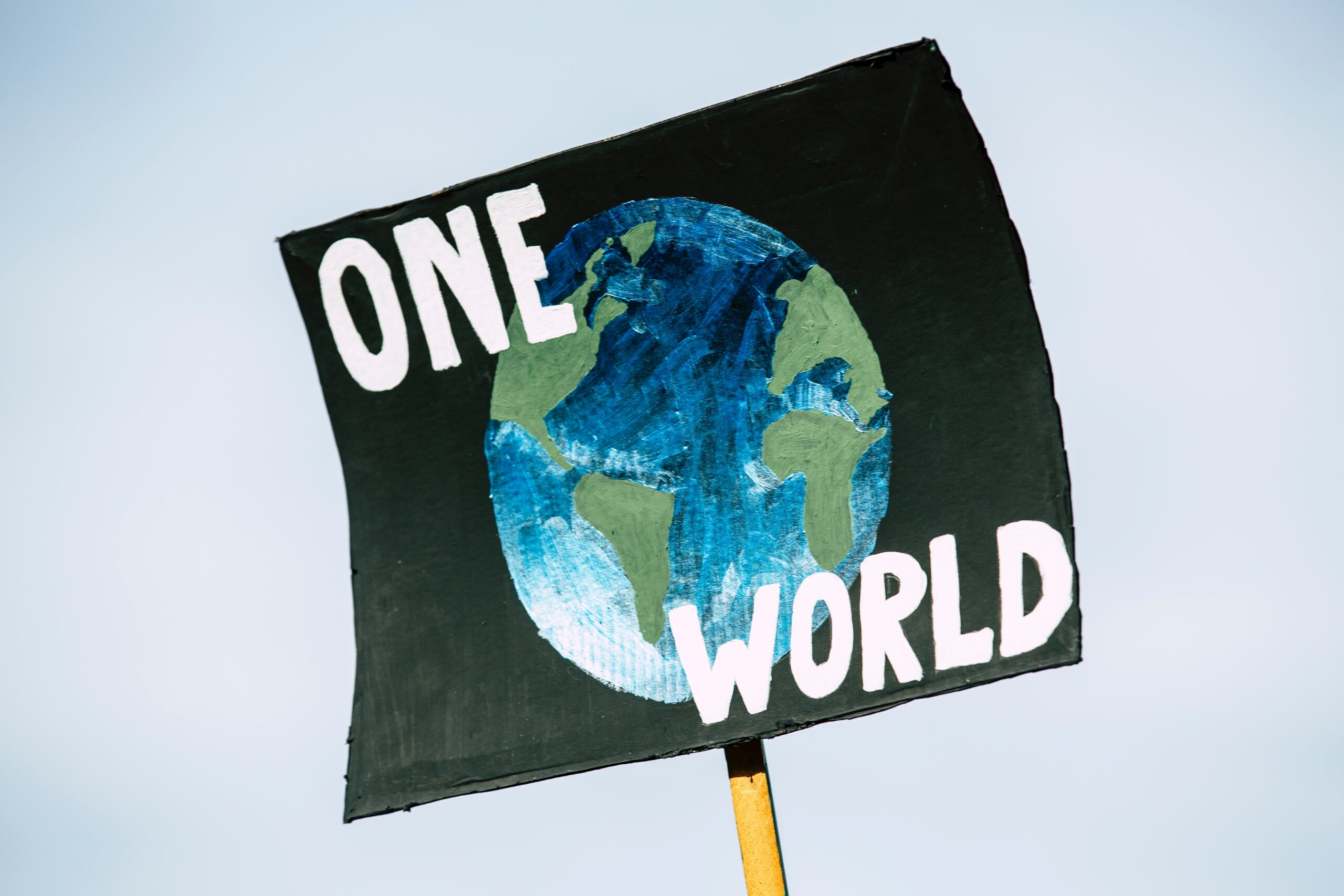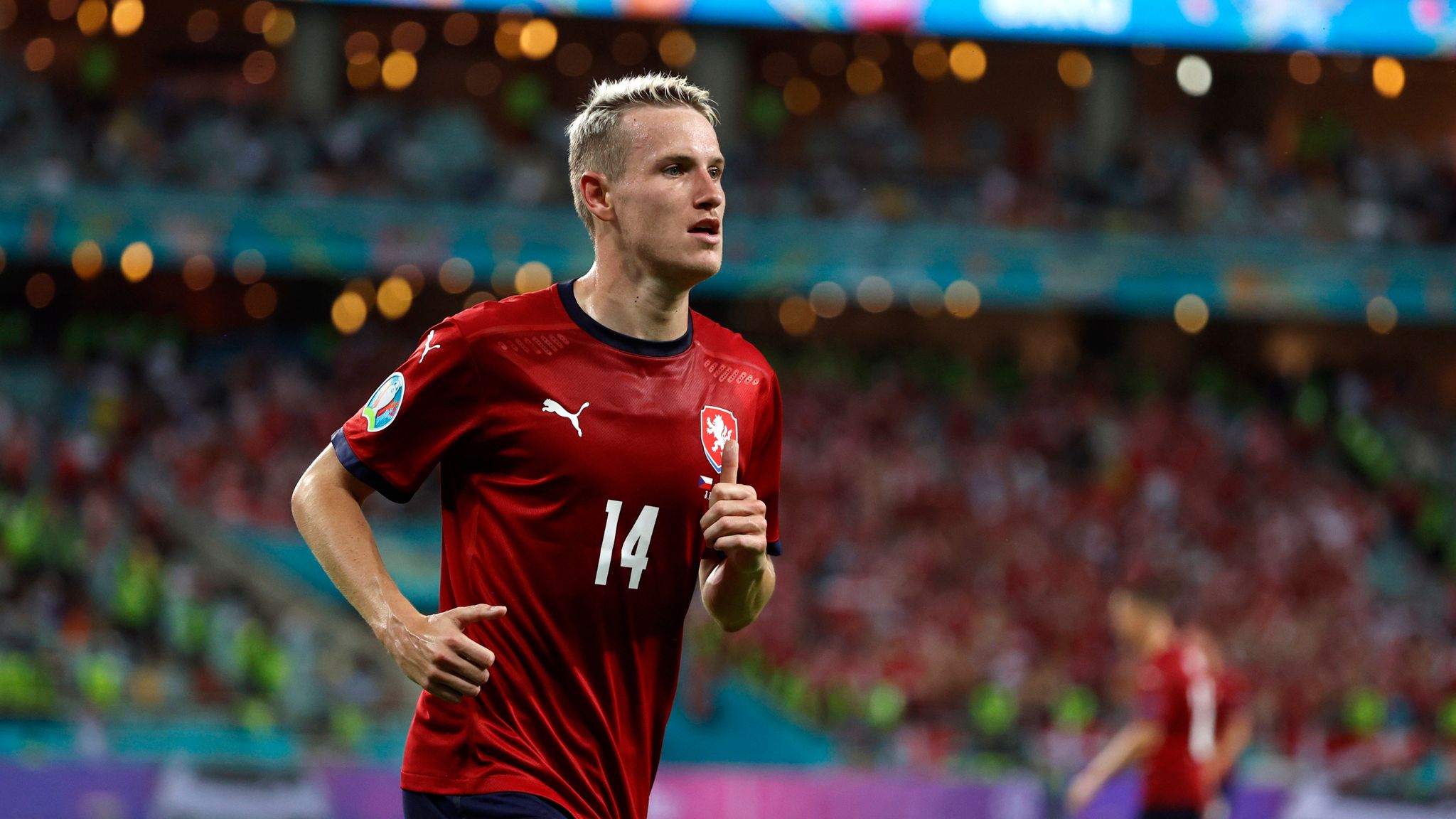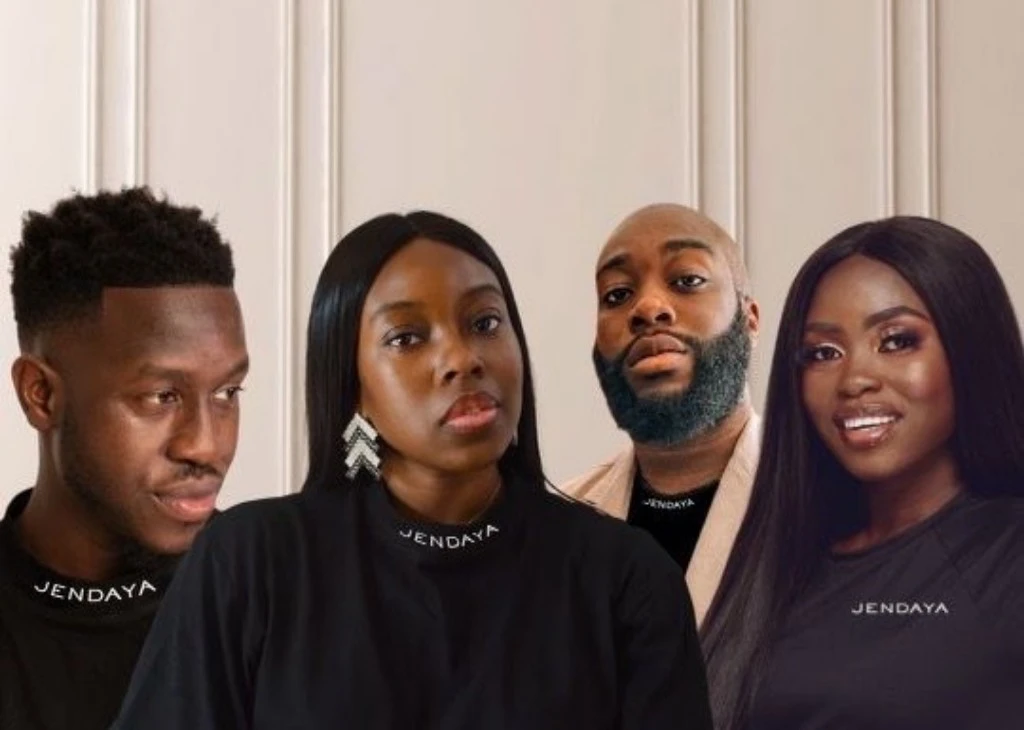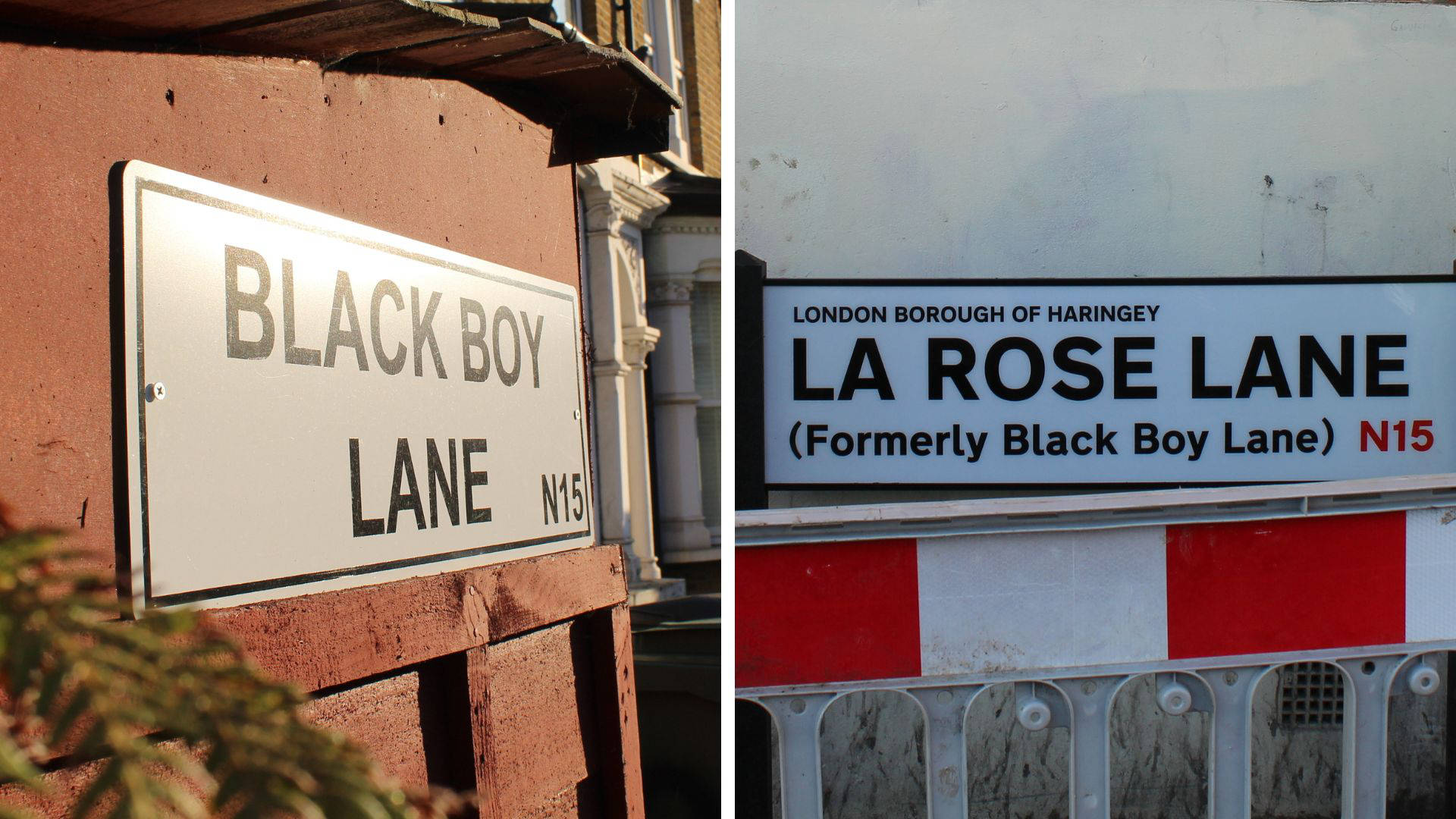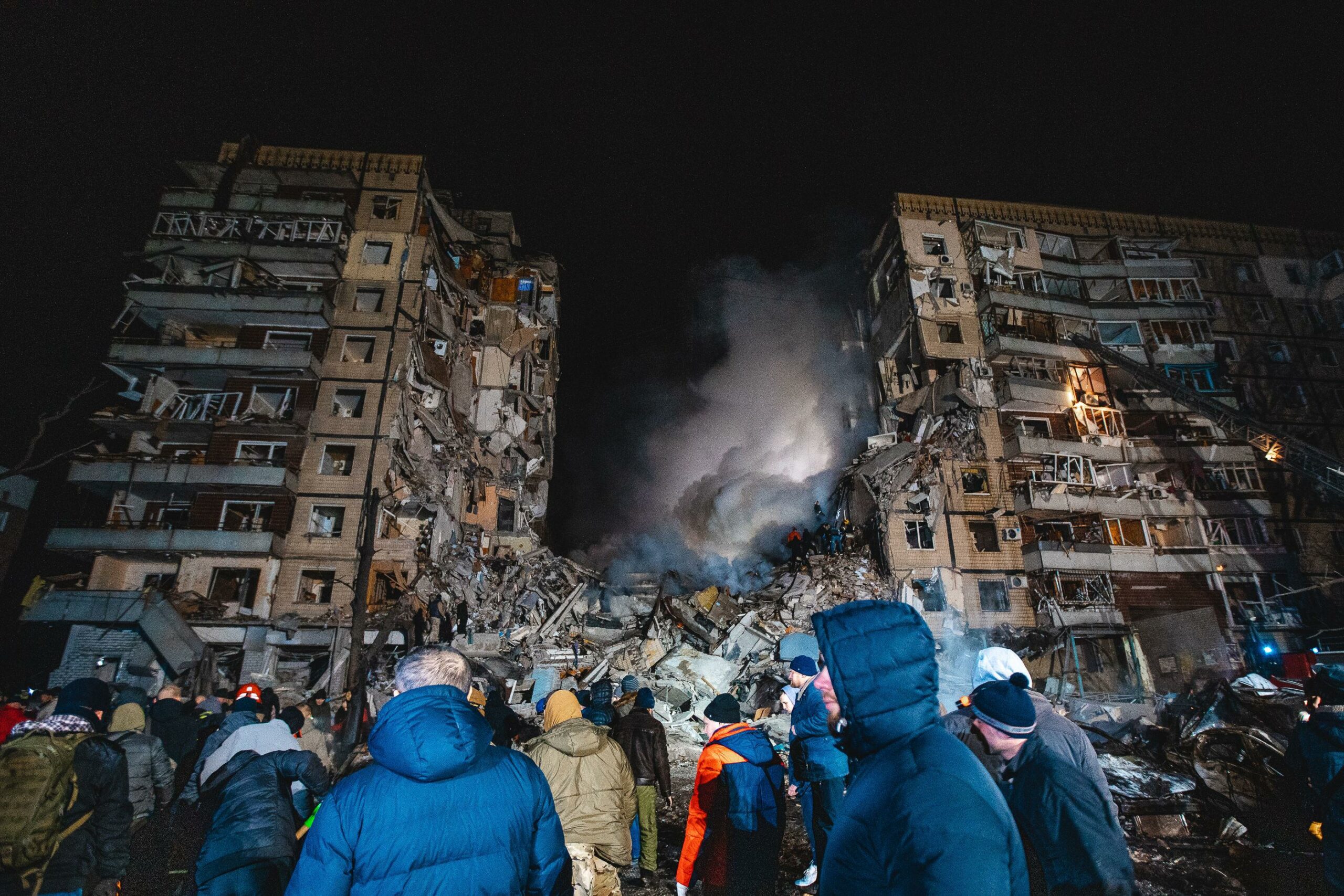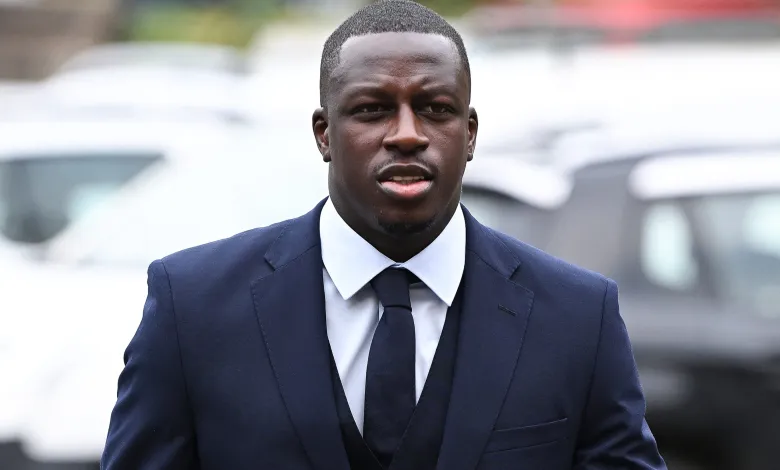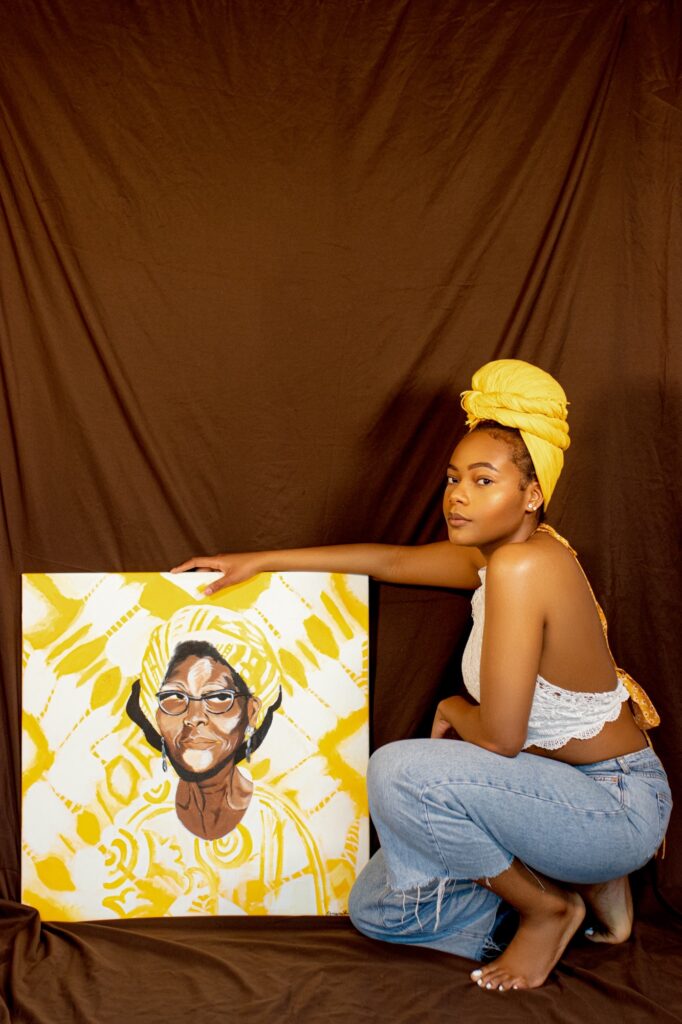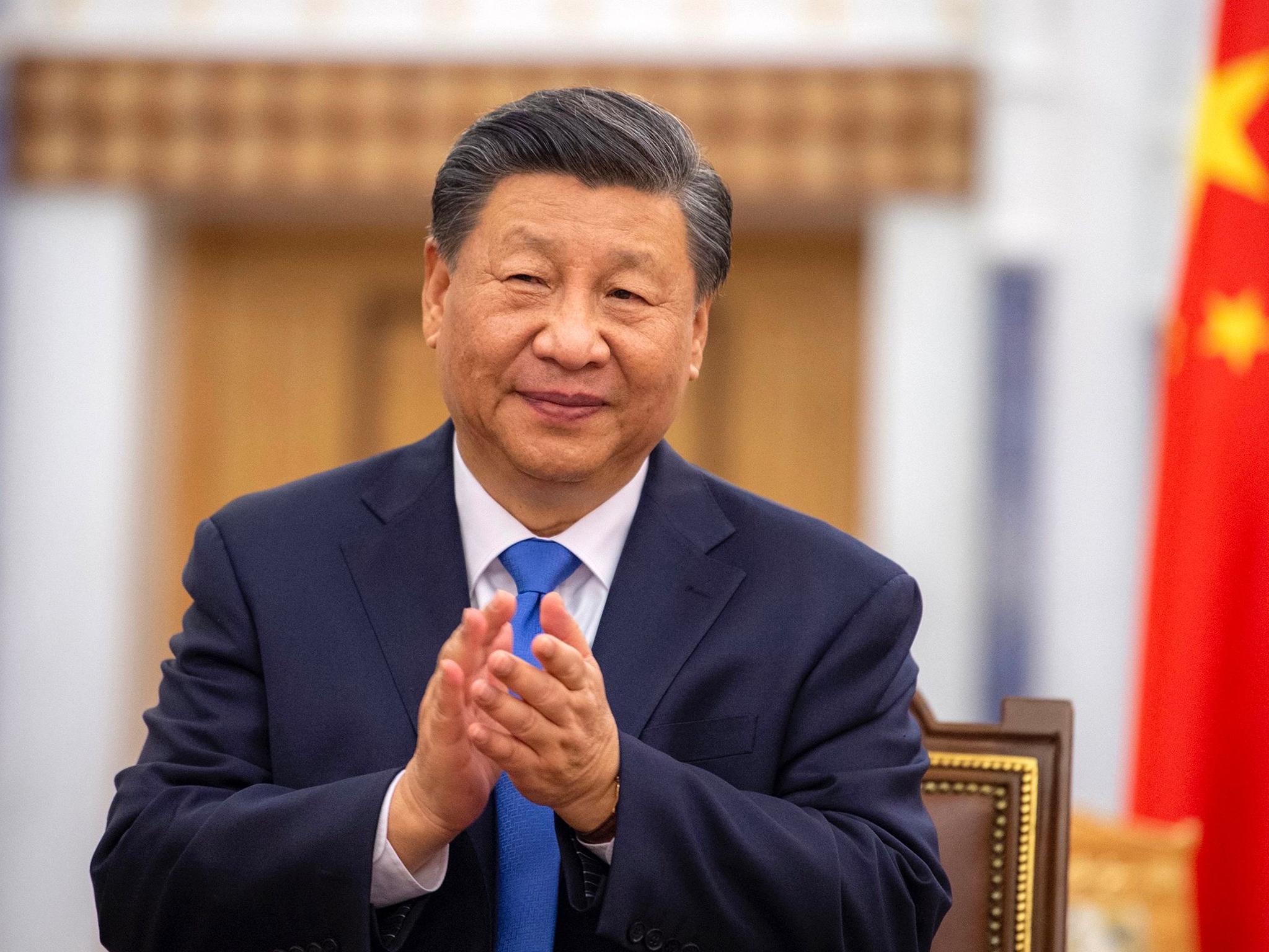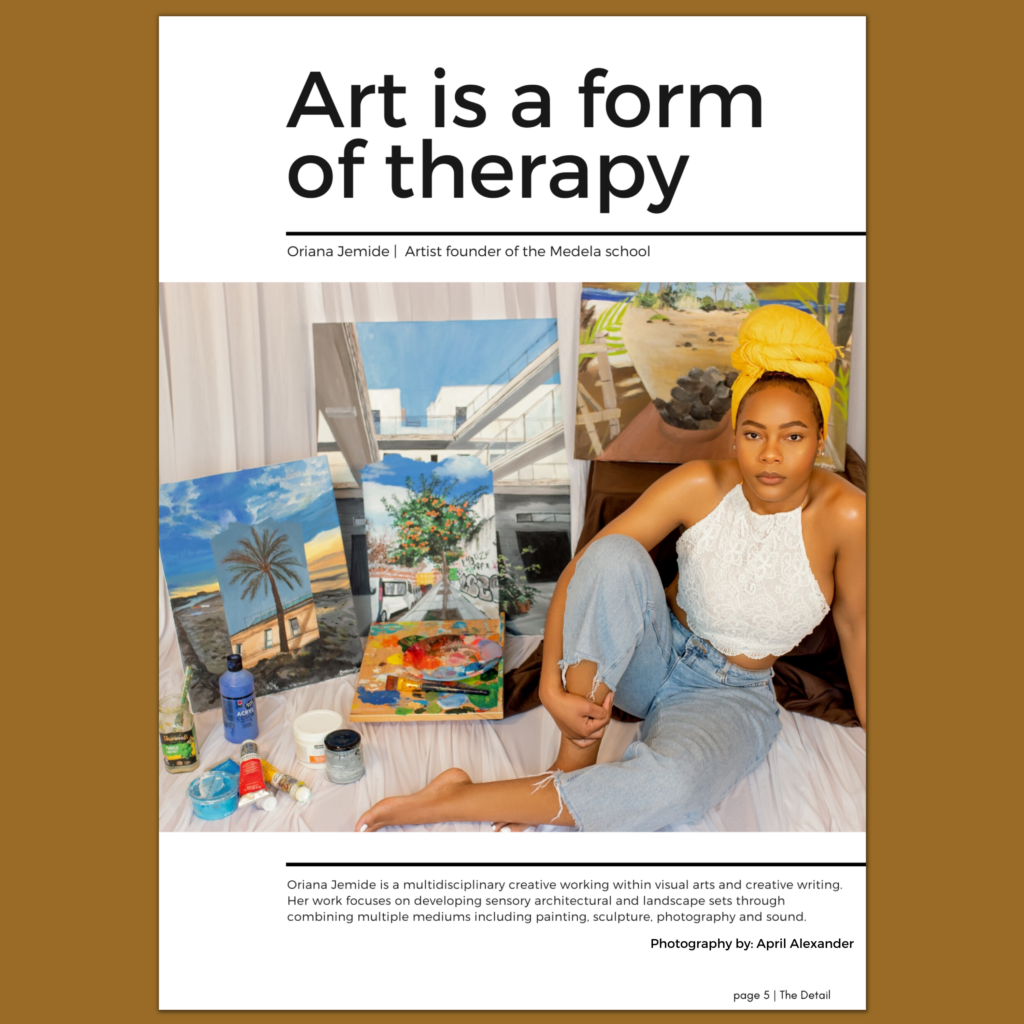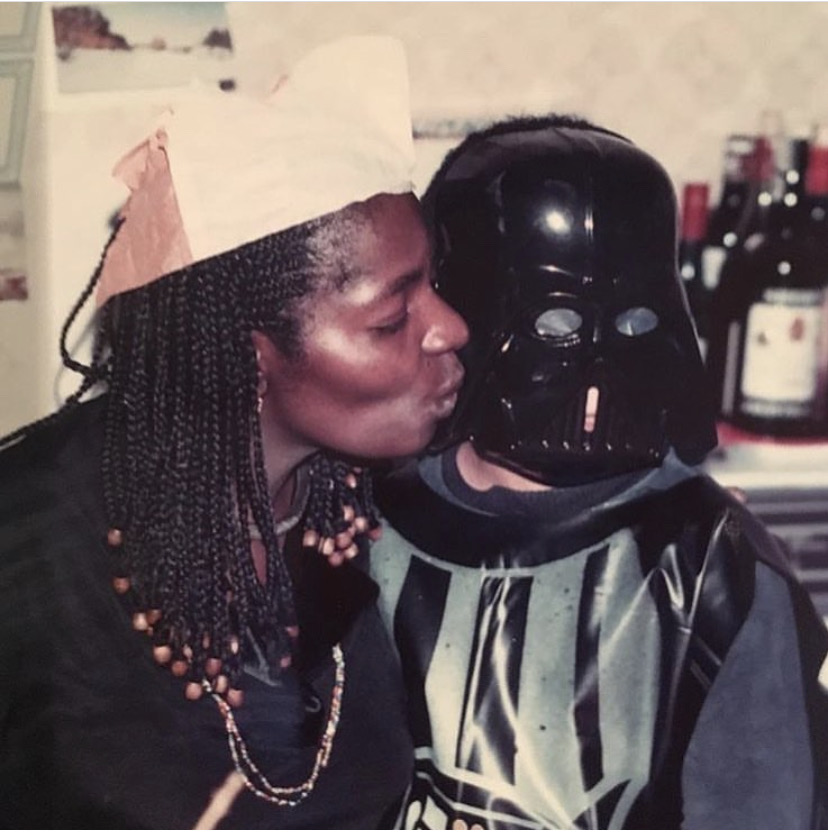You may have seen in the news the topic of Image-Based Sexual Abuse being discussed on social media. This is after reality TV star Stephen Bear was jailed last week for 21 months. Stephen shared a private and sexual video online without the consent of his ex-partner.
In 2020, Stephen shared a CCTV footage video of himself and Love Island star, Georgia Harrison, having sex on his Only Fans account. Georgia stated she was unaware it had been filmed at the time. When she discovered the footage, she made it clear the content was not to be shared. Georgia was ignored and Stephen went on to not only share the footage but to profit from the content.
He was convicted of voyeurism and two counts of disclosing private, sexual photographs and films. He has been placed on the Sex Offenders Register for ten years.
What are we talking about
Intimate Image Abuse is the act of sharing intimate images or videos of someone, either on or offline, without their consent with the intention of causing distress. This is against the law and is included in the Criminal Justice and Courts Act (2015).
This criminal offence has often been referred to as ‘revenge porn’ in the past but this can indicate that the victim has done something wrong in the first place for someone to be seeking ‘revenge’.
Following concerns raised by campaigners and Parliamentarians, the Government created a new criminal offence to ensure that this behaviour is fully captured by the criminal law.
The new offence is within section 33 of the Criminal Justice and Courts Act 2015. The offence is triable either way and punishable with a maximum sentence of 2 years imprisonment.
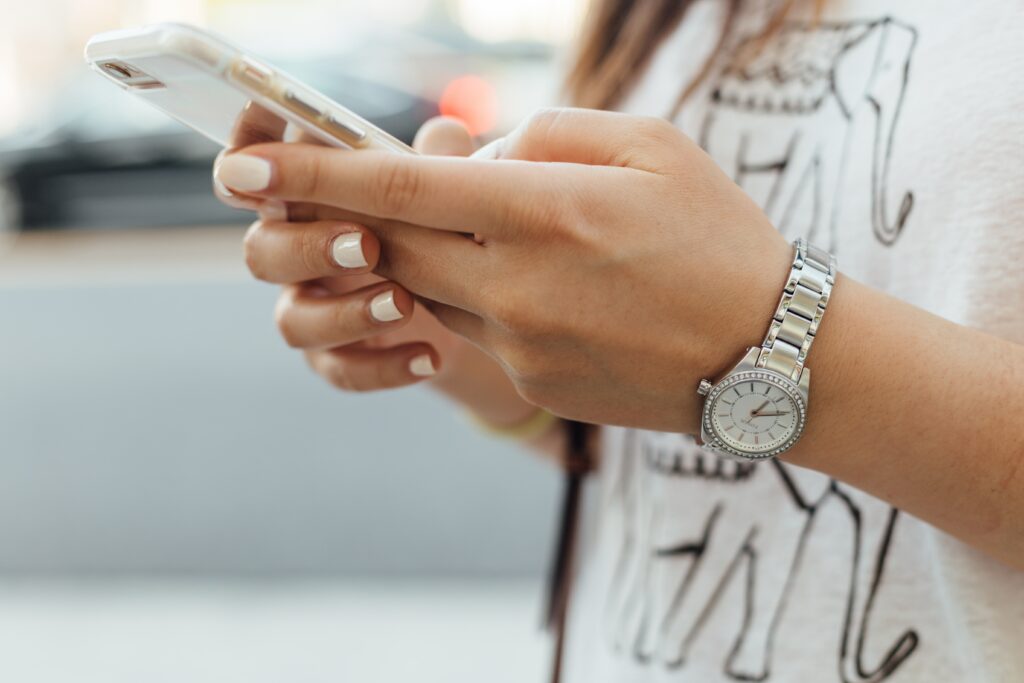
But how big of an issue is this?
CPS data revealed in total 825 suspects were charged with 1,048 Image-based sexual abuse offences between April 2020 and June 2022.
A study was also conducted by The Guardian where FOI requests revealed 541 of the victims were underage between January and December 2019. The distribution of sexually explicit images or videos with the intent to cause harm was reported to 36 police forces in England and Wales. The average age of the victim was 15.
Sarah Green, Director of the End Violence Against Women Coalition said; “These numbers are really worrying because they’re the incidents reaching the police while many other instances of this nasty, abusive behaviour will not,”
Although numbers and statistics can show the extent of a problem, it is people’s stories which can show the true impact it has on an individual’s life.
What happens to the victims
I spoke to a victim of Image-Based Sexual Abuse who wanted to share their story. They wished to remain anonymous.
“I was 16. I’d just come out of a 9-month relationship with an 18-year-old guy. I had been talked into sending nudes on Snapchat by him, I didn’t want to but he reassured me they’d get deleted. A few months after I was rid of him my phone went off. It is a snap video from a guy in the same year as my ex, I opened it not thinking it was much as it was before ‘stories’ were a thing, so people would just send random things to their entire contact list. When I opened it my stomach did more than sink.”
“It was a video of my ex, in a car full of people from school replaying my private photos, laughing, as he was flicking through them as if it were a joke. There was an app called ‘snapsave’ and if you were on this app when someone sends you a Snapchat it would save it automatically as if you had just received them and could watch and replay them on that app, and the sender would have no idea. I felt hollow and so vulnerable, I could not believe what I was seeing. My innocence is being tossed around as if it were a toy.”
“I never told anyone, I felt completely ashamed of myself and felt it was my fault and that it didn’t matter because people experience much worse. The thought of my parents finding out that I had put myself in such a vulnerable position made me feel even more ashamed, I knew better. I have no idea why his mate sent me that video, or what his intentions were but I’m glad he did, just so I knew.”
You do not need to suffer in silence.
After Stephen Bear was found guilty of his crimes, Georgia Harrison released a statement outside court to others who have been victims of this horrific crime.
“I want all other victims of this crime to know that I stand in solidarity with them and I have absolutely no regrets about waiving my anonymity.”
“I hope this puts anyone off committing this sort of crime and I hope for anyone else who’s been a victim of it, it gives them some sort of justice.”
Where can I seek advice and help?
I spoke to The Egalitarian, a group with the mission to raise awareness of inequality to encourage social change and empower victims of gender-based violence.
“Firstly, we want to emphasize that it’s never the person who’s been affected’s fault. We want to echo the importance of reporting the incident to the police, as more reporting leads to more leads, to more investigations and data further. Hopefully, leading to more prevention of image-based sexual abuse in the first place.”
“Reach out to violence against women and girls organisations. This is such a distressing topic and a harrowing experience for anybody. Looking for support after sexual violence whether this be from friends and family or qualified counsellors is crucial so you don’t feel alone.
The Egalitarian are also available for those looking for more information or support below.

